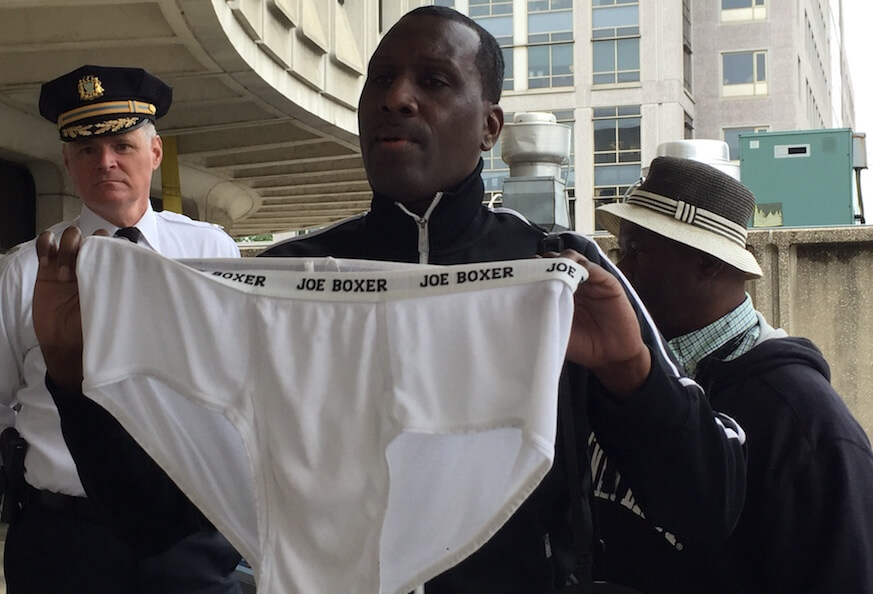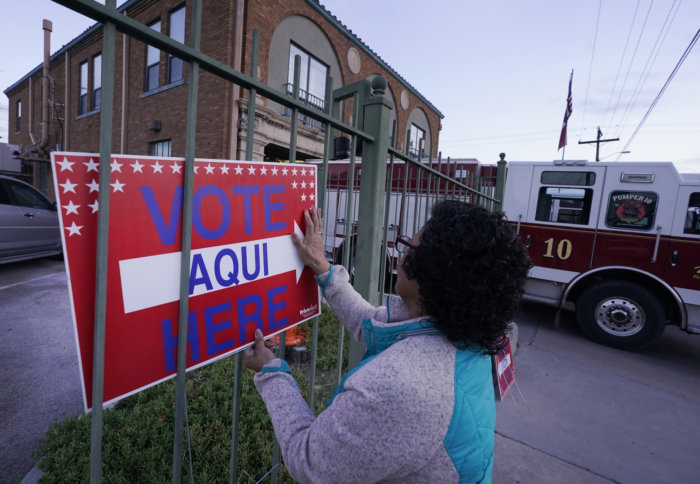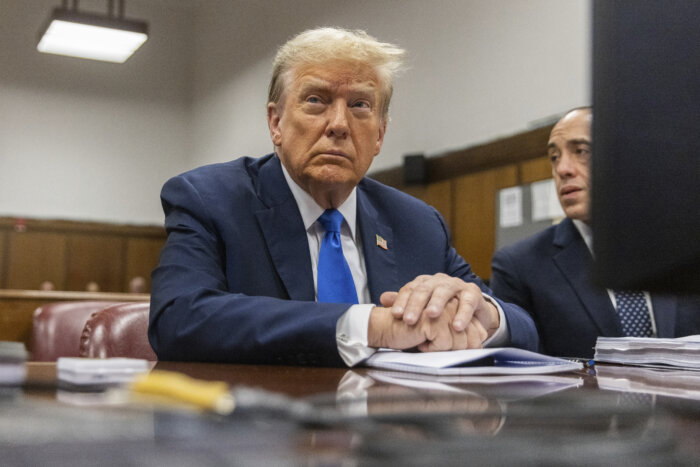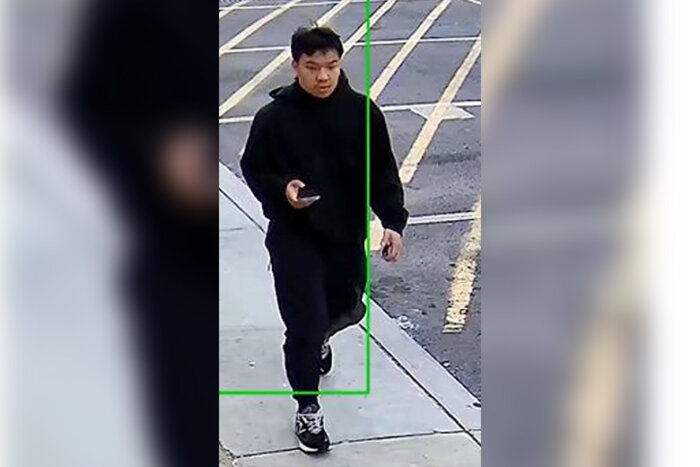Armed with a bullhorn and a pair of underwear, Asa Khalif, a Philly organizer with the Black Lives Matter movement, marched outside of Philadelphia police headquarters on Tuesday to protest reports of the illegal practice of officers searching into the underwear of those targeted in stop-and-frisk searches.
It’s a practice that was recently highlighted by the Daily News in a report on “stop-and-fondle,” and Khalif said officers that engaged in the activity should be charged with sexual assault.
“We know that illegal stop-and-frisk happens all the time. It’s nothing new,” Khalif said Tuesday, but he underscored that underwear searches are something else. “It’s sexual assault. … If any of us went into someone’s underwear, that’s a crime.”
As explained in the article, while police officers are allowed to feel for a weapon on an individual during a stop-and-frisk search, they aren’t allowed to feel in an individual’s underwear or private areas. To do a strip search, a suspect must be arrested, the search must be done in a police or medical building, and the search must be authorized by an authority other than the officer doing the search. However, multiple young black men reported having their privates groped and probed by police, the Daily News found.
On Tuesday, Khalif, along with several others, confronted officers at the city’s police headquarters, demanding to know why officers were searching into the underwear of individuals who are stopped for stop-and-frisk searches.
Police inspector George Kappe, who met with protestors outside, said he wasn’t familiar with the recent article, but he noted that officers may have to search a suspect carefully, for their own safety, to ensure the individual they are frisking isn’t armed with a weapon.
“We are allowed to frisk for officer safety,” the inspector said.
Kappe also said that there are different restrictions that apply for the search of an individual, depending on if the person is stopped as a pedestrian stop-and-frisk or if there is probable cause for a search.
“You don’t do that out in public,” Khalif replied.
After a short back and forth, the captain retreated into the building while protesters stayed outside to continue their march.
“You think this is common practice, and it’s not,” shouted Khalif through a bullhorn. “Anti-blackness anywhere is anti-blackness everywhere.”
Greg Brinkley, a private investigator and activist with People United for Justice and Equality, said he came to support the protest because he felt the practice is an abuse of authority. He noted that even in prison, to conduct a strip search of an inmate, an officer wanting to do the search would need approval from an authorized commanding officer.
In fact, Brinkley demonstrated what he said was proper stop-and-frisk procedure on Khalif, noting that an officer should only shake an individual’s pants if they are looking for a firearm, and never feel into the person’s underwear.
“They are using this safety issue as an excuse,” said Brinkley.
During the protest, marchers held pairs of boxers as they chanted outside of the police headquarters. At the end of the day, they left the underwear behind, as Khalif said it would serve as a reminder that officers need to be aware of the law and not overstep their authority.
“It’s illegal to go into someone’s underwear,” he said. “You’ve got to stand up to racist bigots like this.”
































